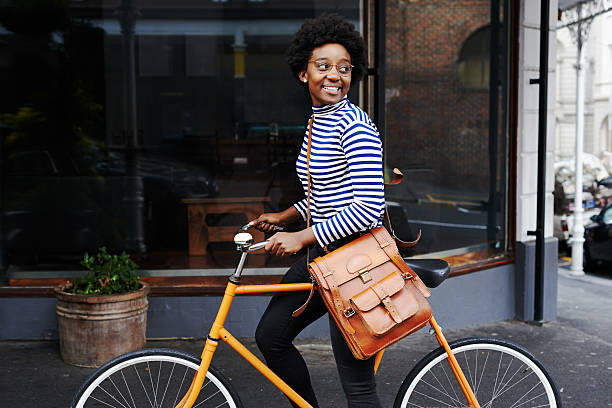Author: Mariam KassalEditors: Oluwaferanmi O. & Morin Akeredolu-Ale Walking or biking to work benefits the environment significantly. These modes of transport help alleviate traffic congestion, especially in urban areas, improving journey times and making locations more attractive for businesses by reducing delivery and health issues related to heavy traffic. Cycling, in particular, reduces accident rates,…...
Search
Recent Posts
IMPACTS OF WALKING OR BIKING TO WORK
October 5, 2024
Sustainability
HOW TO REDUCE YOUR CARBON FOOTPRINT by 80%
October 14, 2024
Sustainability




